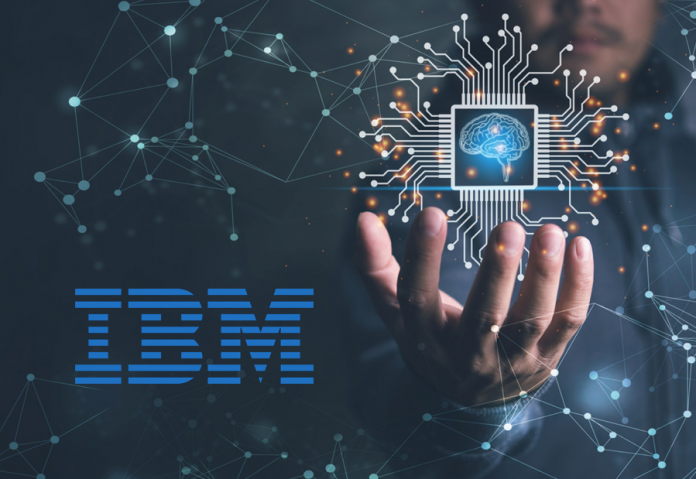The data observability software provider’s open and extendable approach allows data engineering teams to easily integrate and gain observability into their data infrastructure
An Israel-based data observability software provider Databand.ai that helps organisations fix issues with their data has been acquired by the tech company IBM for an undisclosed sum, the later announced on Wednesday.
As IBM continues to bolster its hybrid cloud and AI skills and capabilities, this is the company’s fifth acquisition in 2022.
Since Arvind Krishna became the CEO in April 2020, IBM has acquired more than 25 companies.
“With the addition of Databand.ai, IBM offers the most comprehensive set of observability capabilities of IT across applications, data and machine learning,” said Daniel Hernandez, General Manager for Data and AI, IBM.
The data observability software provider’s open and extendable approach allows data engineering teams to easily integrate and gain observability into their data infrastructure.
The data observability software provider’s capabilities can alert data teams and engineers when the data they are using to fuel an analytics system is incomplete or missing.
Enterprises will also have full flexibility in how to run Databand.ai, whether as-a-Service (SaaS) or a self-hosted software subscription, said IBM.
“You can’t protect what you can’t see, and when the data platform is ineffective, everyone is impacted, including customers,” said Josh Benamram, Co-Founder and CEO, Databand.ai.
“Joining IBM will help us scale our software and significantly accelerate our ability to meet the evolving needs of enterprise clients,” he added.
Also read: Youth should be made aware of what digitalisation is
Do Follow: CIO News LinkedIn Account | CIO News Facebook | CIO News Youtube | CIO News Twitter
About us:
CIO News, a proprietary of Mercadeo, produces award-winning content and resources for IT leaders across any industry through print articles and recorded video interviews on topics in the technology sector such as Digital Transformation, Artificial Intelligence (AI), Machine Learning (ML), Cloud, Robotics, Cyber-security, Data, Analytics, SOC, SASE, among other technology topics






